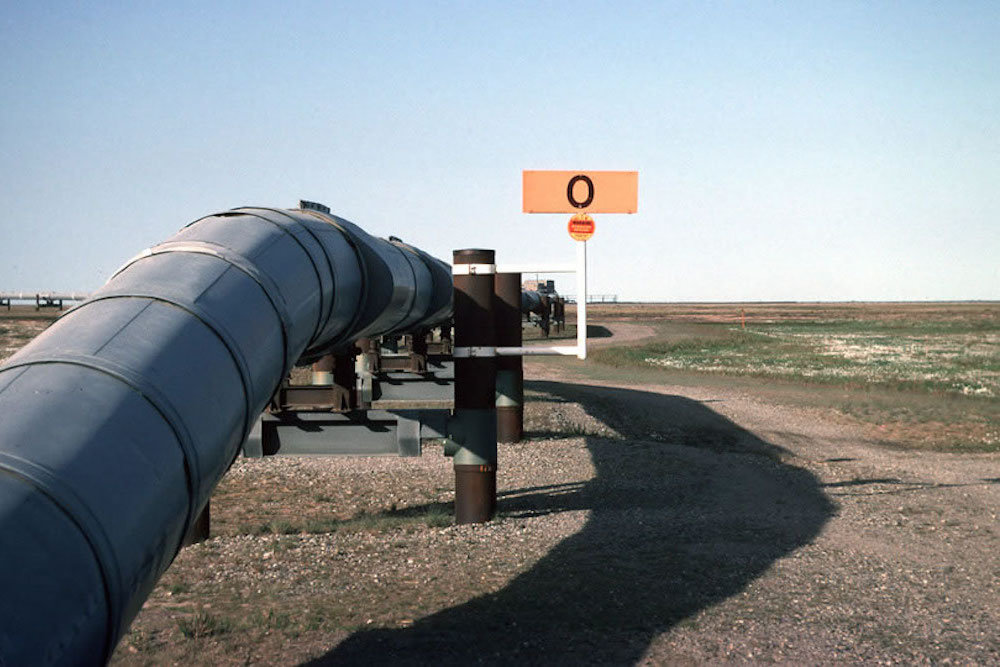Wikimedia Commons
Wikimedia Commons
On Feb. 3, the Public Utilities Commission voted 3-1 to approve the updated environmental review, as well as a 3-1 vote to approve the company’s certificate of need and route permit, both necessary documents for the pipeline project, which is expected to cost $2.6 billion.
The certificate of need and route permit had previously been approved, although the Minnesota Court of Appeals vacated the approval in June 2019. The appeals court’s reasoning was that the Minnesota Department of Commerce hadn’t assessed the effect of a possible oil spill near the Lake Superior watershed.
The new pipeline would replace a 34-inch pipeline with one that is two inches larger, and that would boost the average oil flow to 760,000 barrels a day. The current 337-mile long line is operating at 51 percent currently.
The vote against Enbridge Energy came from Commissioner Matt Schuerger, who cited climate concerns and lower demand for crude oil in the long term, according to a report from The Center Square.
Supporters claim the project will create 8,600 jobs. Enbridge says the company would pay around $65 million in Minnesota property taxes in the project’s first functional year.
Opponents still have time to challenge the decision in the courts. Two federal and state permits, minimum, are still needed for the project to begin.






 Alerts Sign-up
Alerts Sign-up